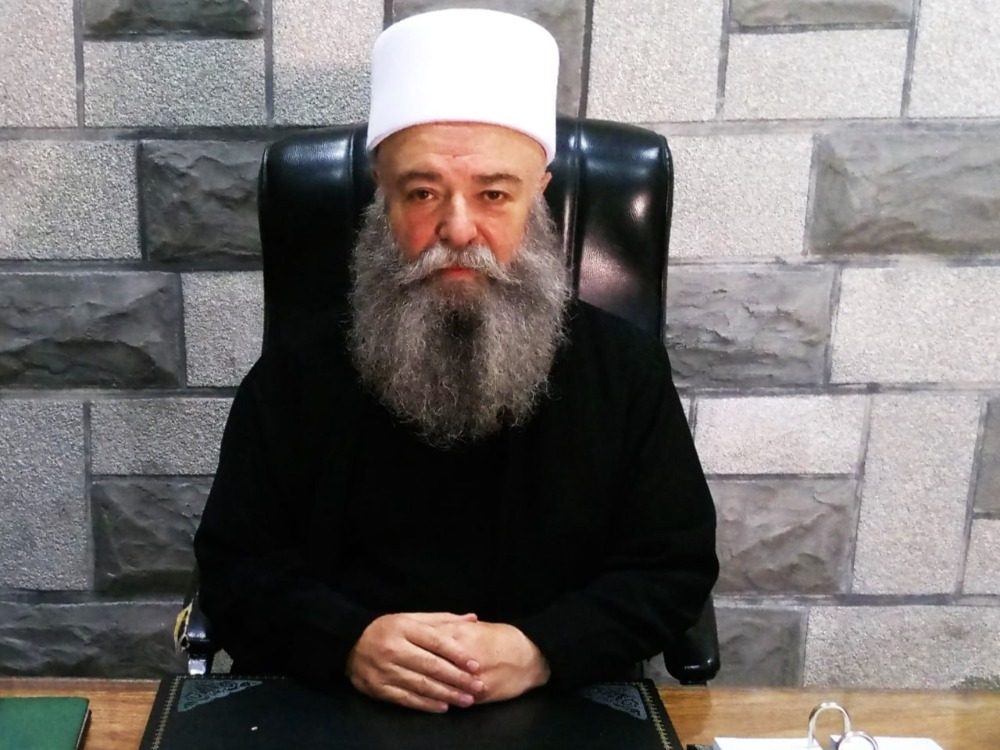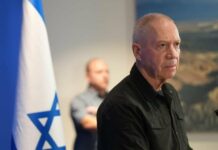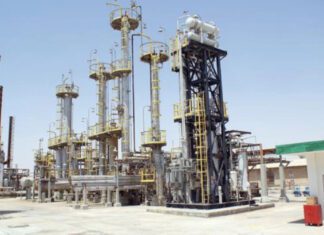
The Syrian government and the Druze Union, alongside most provincial notables and leaders in Suwayda, have reached a third ceasefire agreement aiming to restore stability and fully reintegrate the province into the Syrian state. The deal comes after days of escalating violence, political fragmentation, and deadly Israeli airstrikes linked to a controversial Druze leader.
The agreement, announced July 16 by Sheikh Yusuf Jarbou, the Sheikh Aql of the Druze Monotheists, outlines a comprehensive ceasefire, deployment of Syrian security forces, and a commitment to reestablish state institutions in the governorate. “In the framework of seeking to restore security and stability in the province of Suwayda, and in response to the demands of our people… the following items were agreed upon,” Jarbou said in a statement carried by Syrian media. He added that while full implementation would take time, the pact “serves the people of Suwayda and all Syrians.”
A Divided Druze Leadership
The ceasefire underscores a widening rift within the Druze religious and political leadership. Sheikh Hikmat al-Hijri, who has refused to recognize the Syrian state since late 2024, rejected the agreement outright. “There is no agreement, negotiation, or mandate with the ‘armed gangs’ that falsely call themselves a government,” Hijri said in a statement, vowing to continue the fight until Syrian forces are expelled from Suwayda. His militia has played a central role in the violence, and he has openly called for Israeli military intervention.
Hijri’s stance has led to a surge in unrest, including civilian deaths and damage to infrastructure. Israeli air raids, resultant of intervention sought by Hijri, struck Damascus and Suwayda last today, killing at least three people in the capitol and wounding dozens. Israeli Defense Minister Yisrael Katz framed the strikes as “support for the Druze population,” warning that Israeli attacks would continue unless Syrian forces withdrew. Sh. Jarbou commented, “We respect Sheikh Hikmat al-Hijri’s position in rejecting the agreement, but he has no right to confiscate our opinion. No one can monopolize the spiritual authority in Suwayda.”
International Concern and Mediation
The escalation has drawn international attention. US President Donald Trump and Secretary of State Marco Rubio both acknowledged their role in seeking de-escalation between Syria and Israel. Rubio told reporters the situation stemmed from “a misunderstanding” and cited ongoing contact with both governments. “The United States hopes to return to the right path to help Syria achieve stability,” Rubio said. A senior US official told Axios that negotiations were close to achieving a wider de-escalation agreement between the two countries.
Restoring Order in Suwayda
The terms of the agreement include halting military operations, forming a joint monitoring committee, securing key roads, and reviving basic services like electricity and healthcare. It also outlines steps to regulate arms possession and reinstate legal oversight, emphasizing respect for civil rights and social customs.
The Syrian Ministry of Interior framed the accord as a step toward unity and inclusion. “This agreement marks a significant step toward restoring trust between the people of Suwayda and the Syrian state,” the ministry said.
Despite lingering divisions, particularly from Hijri’s camp, the agreement appears to reflect the will of the majority in Suwayda: an end to violence and a return to the rule of law.








